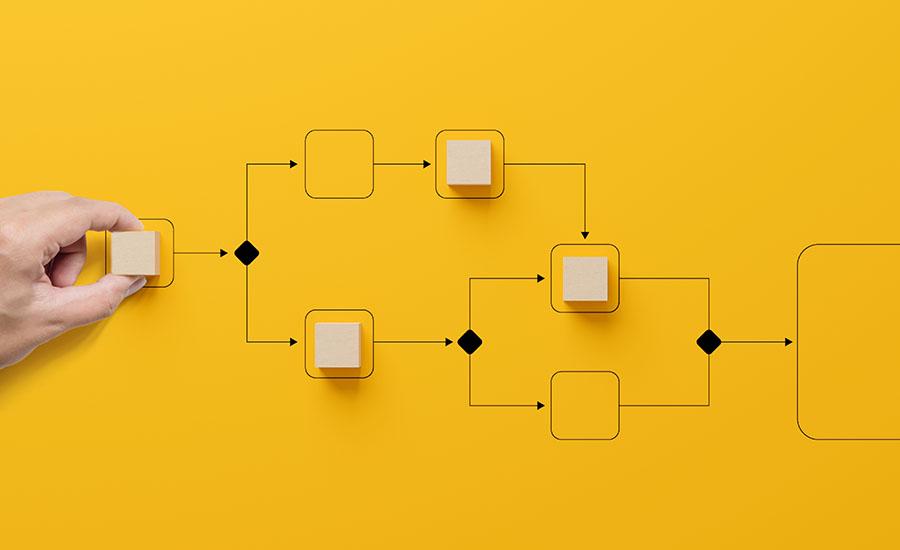Grades:
6th Grade
In this unit, students will study the effects of acid rain and chemically engineer an environmentally friendly solution to neutralize the acid in a simulated river contaminated by factory run-off
Grades:
4th Grade
This would be an end of the unit project. Students would need prior knowledge about animal adaptations and biomes/habitats. Students will use Flipgrid to share, but you could use any other video app
Grades:
4th Grade, 5th Grade
This lesson teaches students about lines, angles, measuring and naming angles, using a protractor, and engages students by having them build a catapult and measure best angle for furthest launch.
Grades:
Kindergarten
Students will analyze shadows to determine how light moves and changes throughout the day.
Grades:
5th Grade
Summary: Today we will observe and test five known mystery powders, identify examples of physical and chemical reactions to determine who committed the crime. Materials: 6 teaspoons or small spoons
Grades:
4th Grade
In this lesson, students will develop and use the model of a simple circuit to explain how energy is moved through electric currents. The current and voltage in circuits with 1 dry cell and 2 dry
Grades:
6th Grade, 7th Grade, 8th Grade
Students will learn about the food chain, and the American Kestrel's place in it. Students will be able to classify organisms, construct a model of the North American Kestrel’s role in the food web
Grades:
4th Grade
Students will learn about energy and how it relates to growing plants in this first part of a 4 part lesson. Materials needed: copy of parent signature form, student handbook. Agenda: What is Energy
Grades:
4th Grade, 5th Grade, 6th Grade
Students will use engineering practices to build a bridge to see how much weight their bridge will support. This lesson gives students a better understanding of how bridges are constructed and how
Grades:
6th Grade, 7th Grade, 8th Grade, 9th Grade
Students will create Rube Goldberg machines from simple machines in this engaging lesson. The teacher can determine materials such as wooden planks, paper towel rolls, bottle caps, marbles, cardboard
Grades:
6th Grade
In this lesson, students will identify the significance of the numbers found in and around their home. Making these connections will help strengthen number sense and provide a real-world framework to
Grades:
4th Grade
This lesson is the final project in a unit that focuses on circuitry. The task is for students to plan, design, and test a 3D house using electrical circuits that function correctly. To add more
Grades:
6th Grade
Summary Each of the first two Basic Handling lessons is approximately 5 minutes in length. The onboard “Flight Instructor” will instruct student trainees on what they should be doing and interacting
Grades:
Kindergarten, 1st Grade, 2nd Grade
Students will be learning about the life cycle of a potato, how to grow potatoes, and measuring the growth of the stems. You'll need potatoes that are ready to plant, garden space, or tubs to put the
Grades:
6th Grade
Students will construct a model of an ocean habitat to simulate an oil spill. They will then make observations about the behavior of the oil in the water and on the various items in the habitat model
Grades:
5th Grade
Students will individually construct straw rockets. Using the launcher, students will learn the concept of Newton's third law of motion: for every action, there is a equal and opposite reaction
Grades:
5th Grade
This hands-on lesson will help students to understand the connection between Earth's orbit around the sun and how it relates to the time of day. Students create a sundial and will trace the shadow
Grades:
4th Grade
Students will learn how weather and climate can impact planting in this second lesson out of 4. Agenda What is weather? What is climate? What is the difference between weather and climate? How will
Grades:
5th Grade
In this activity, students will make a model of the planets in the solar system and specifically model their distances to scale. Materials: Model of the Solar System-plastic 3D model String Push pins
Grades:
4th Grade
In this hands-on lesson, students will construct a sturdy structure out of toothpicks and marshmallows that will withstand an earthquake simulation (a tray of Jello is used). This is an engaging way
Grades:
4th Grade, 5th Grade, 6th Grade
In this engaging lesson, students will summarize the environmental impact of obtaining and using fossil fuels and recommend solutions for reducing use of fossil fuels. Students use chocolate chip
Grades:
6th Grade
Students will plant and observe plants from seed to full germination while making observations on growth in this engaging lesson. This will be done using a science notebook to record germination
Grades:
7th Grade
In this engaging lesson, students will use 2-3 days to build a land yacht with Lego BricQ sets. They will test different winds and angles, and then use their lab to introduce Newton's third law of
Grades:
3rd Grade, 4th Grade, 5th Grade, 6th Grade
Over two days students will build lego mazes to code their Sphero minis through. Materials needed are; the planning page, legos, Sphero minis, Sphero EDU App, iPads, and Lego build plates.
Featured Lesson Plans
Check out these notable lesson plans.

Featured
Zippy the Elf's Zipline Zone
Grades:
6th Grade
In this creative engineering design lesson, students are challenged to use an inclined plane to create a safe and exciting zipline park for Zippy the Elf. This lesson reviews simple machines and has

Grades:
3rd Grade
This lesson is about exploring Arizona's state bird, the cactus wren, that lives in the desert, has special body parts and behaviors that help it survive in its harsh environment. Students will learn

Grades:
Kindergarten, 1st Grade
In this primary Kindergarten-1st grade STEM lesson, students will learn to define algorithm, bug, and debug in reference to programming. Through engagement with a virtual simulation, students will
